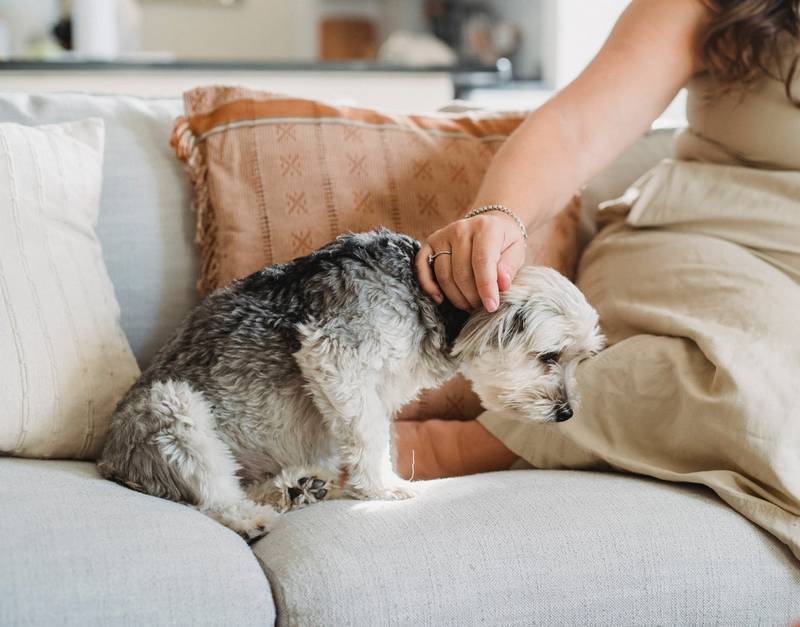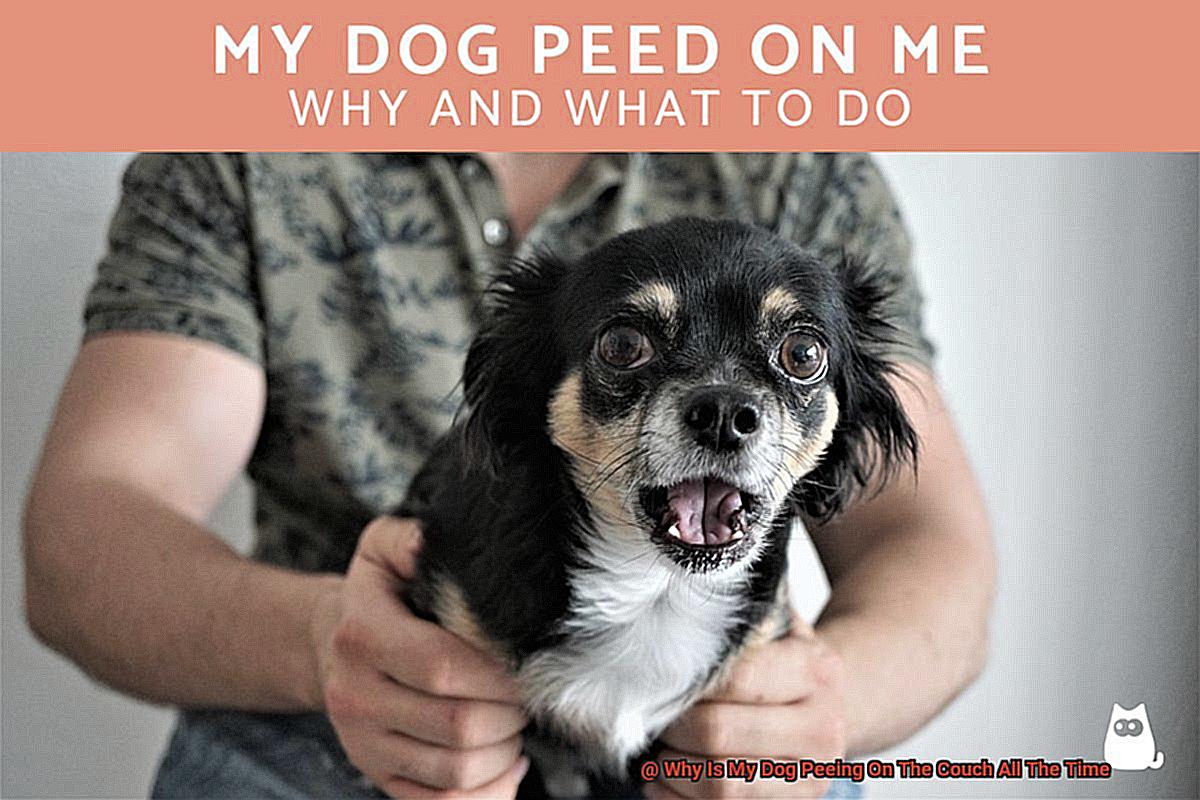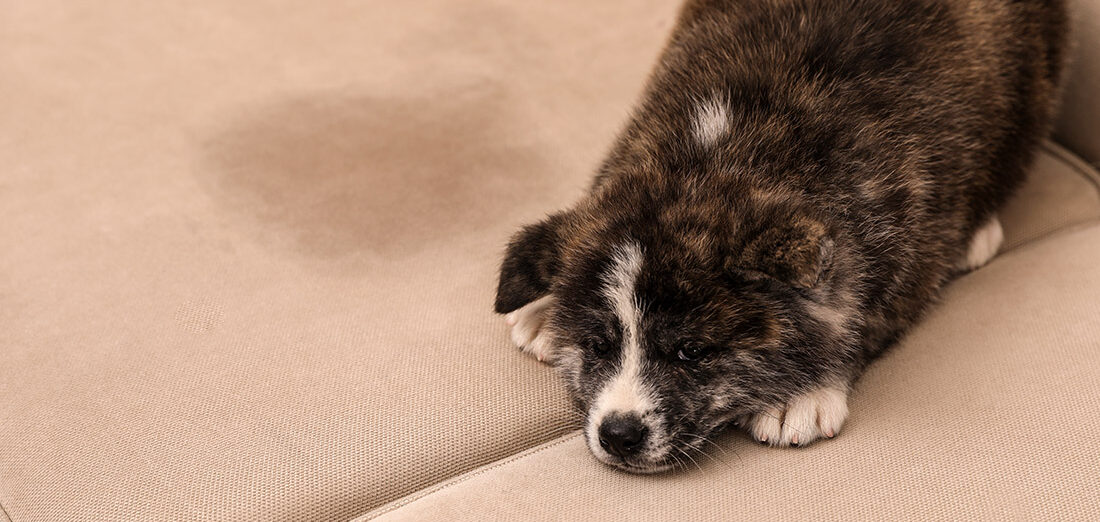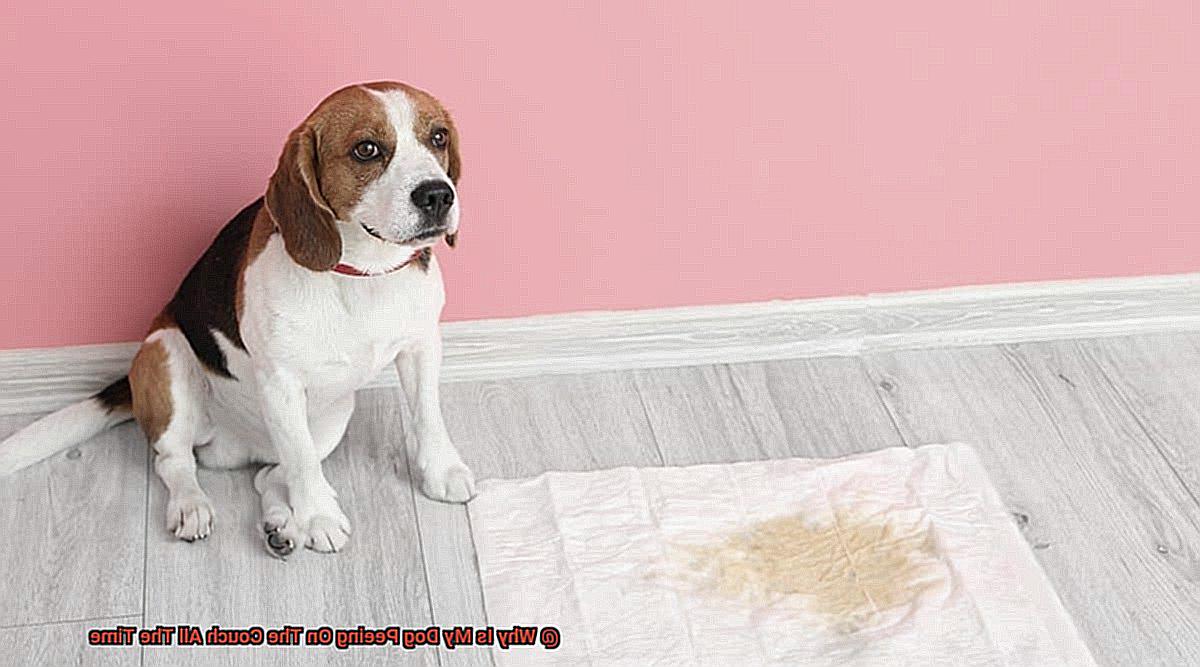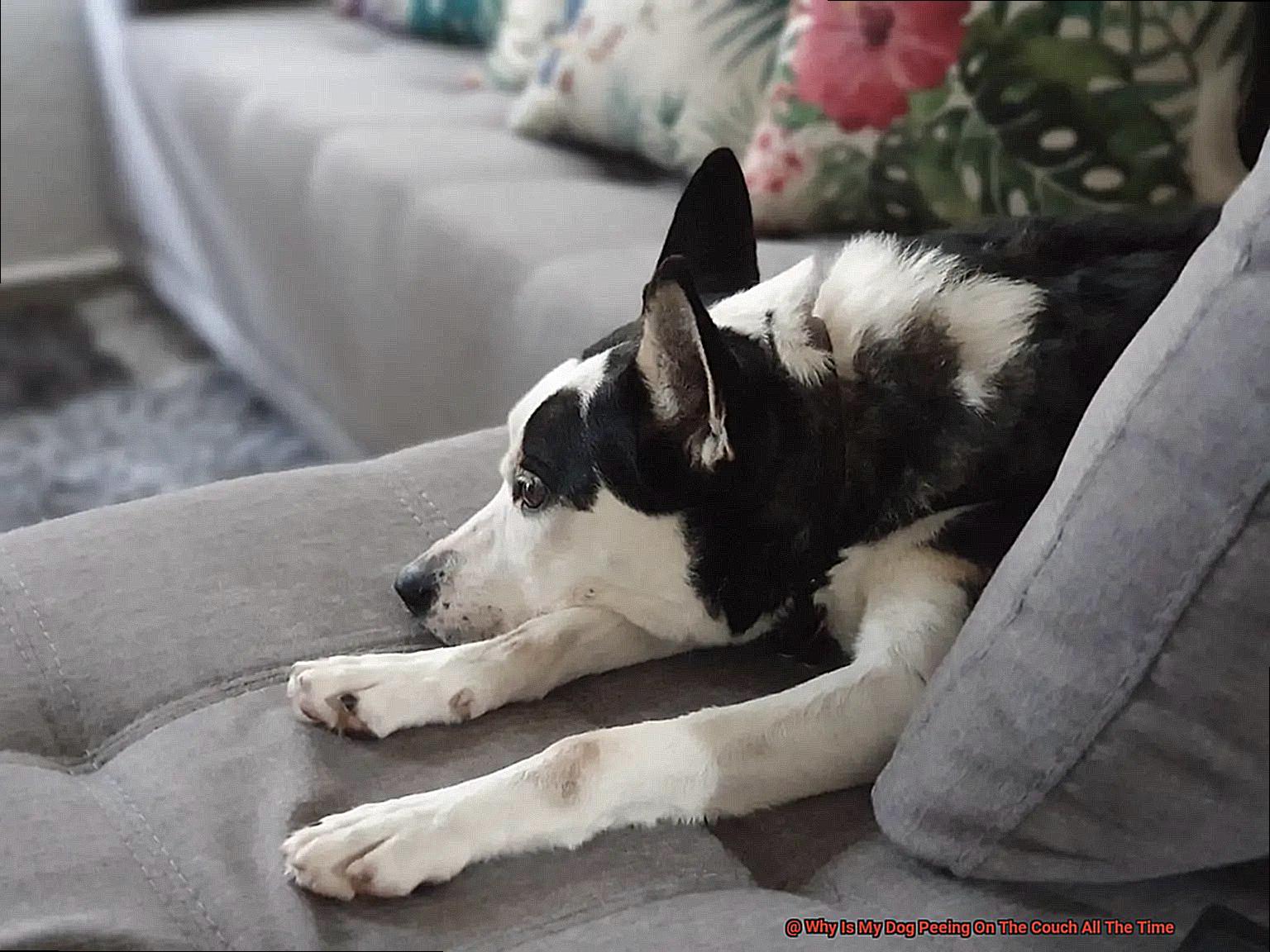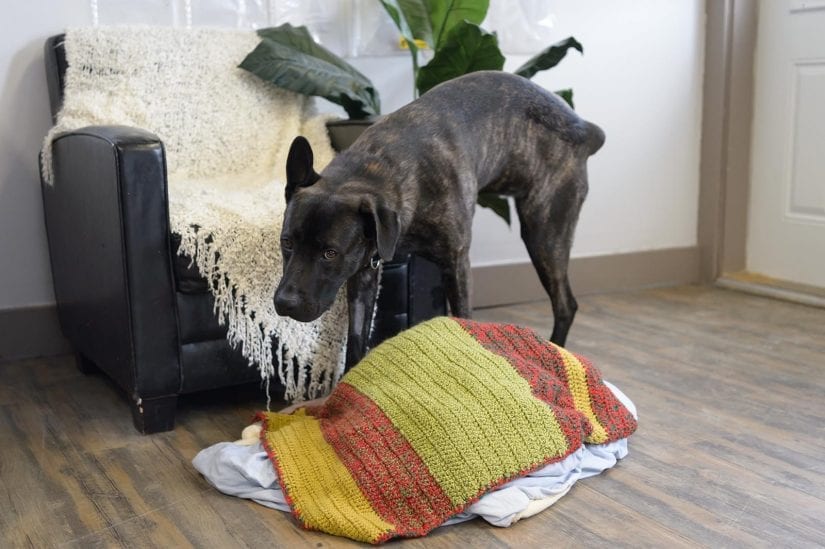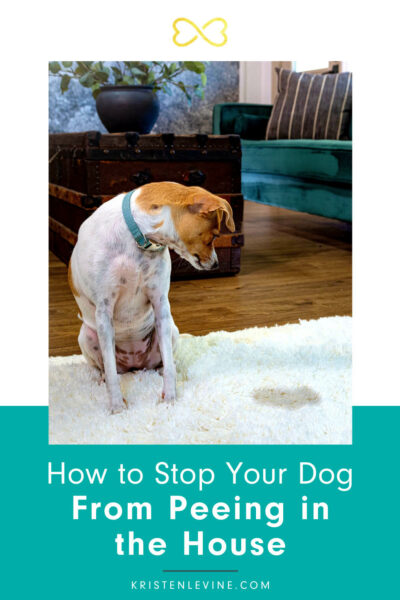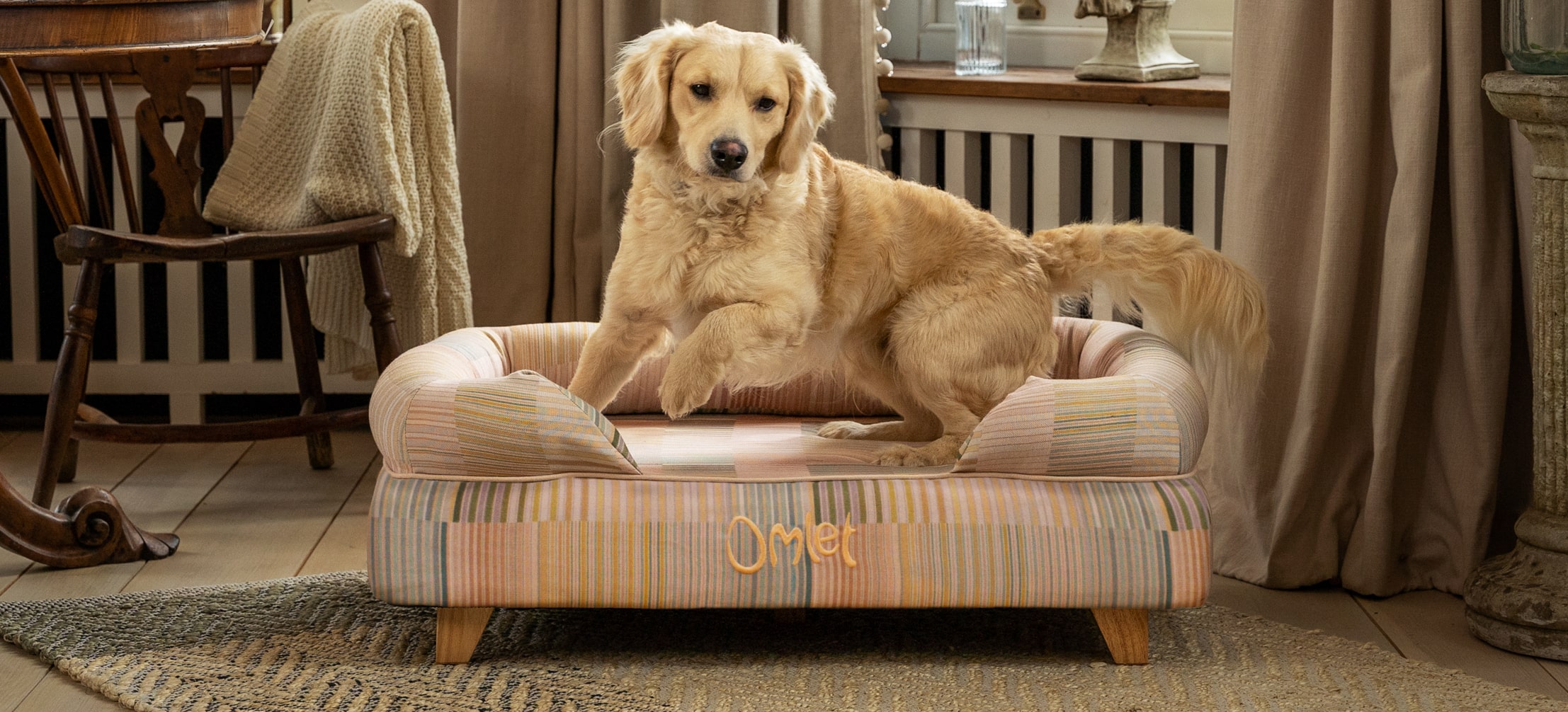Why Would My Dog Pee On The Couch
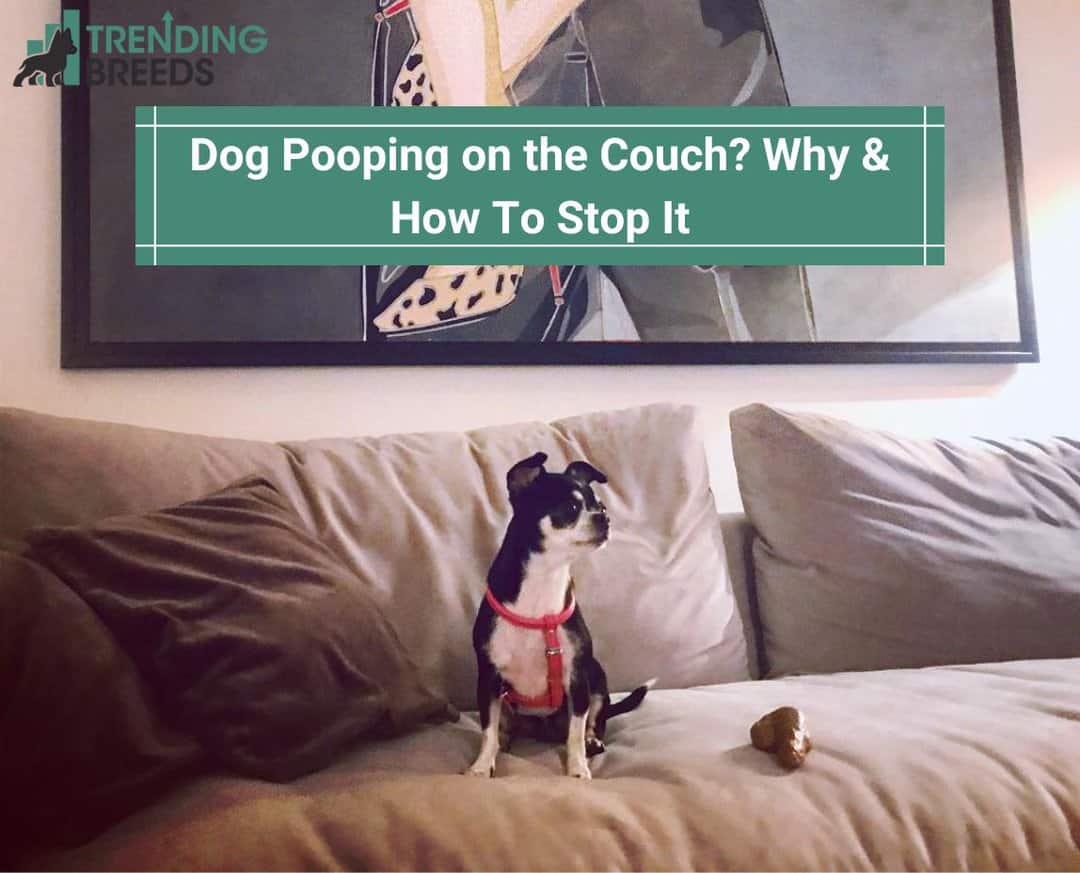
Finding a puddle of urine on your couch is a distressing experience for any dog owner. It’s easy to assume the worst, thinking your beloved pet is acting out of spite or simply forgetting their house training. However, the reasons behind this behavior are often more complex and rooted in medical or behavioral issues.
Understanding the underlying causes is crucial for addressing the problem effectively. Ignoring it can lead to further incidents and potentially damage your relationship with your furry friend. This article explores the various reasons why a dog might urinate on the couch and offers guidance on what to do next.
Medical Reasons: Ruling Out the Physical
Before assuming behavioral issues, a thorough veterinary examination is paramount. According to the American Veterinary Medical Association (AVMA), many medical conditions can lead to increased urination or loss of bladder control. These conditions can directly result in your dog peeing on your couch.
One of the most common culprits is a urinary tract infection (UTI). UTIs cause inflammation and irritation in the bladder, leading to a frequent urge to urinate and potential incontinence.
Kidney disease can also impact a dog's ability to concentrate urine. This results in increased urine production and potential accidents. Another possible cause is diabetes, which also leads to increased thirst and urination.
Other medical conditions that can contribute to inappropriate urination include bladder stones, Cushing's disease, and certain neurological disorders. Older dogs may experience cognitive dysfunction, similar to Alzheimer's in humans, which can affect their memory and bladder control.
If your dog is spayed or neutered, hormonal imbalances can, in rare cases, weaken the bladder sphincter. This leads to urine leakage, especially when resting or sleeping.
Behavioral Reasons: Understanding the Mind
If medical causes have been ruled out, the next step is to consider behavioral factors. These factors are often related to stress, anxiety, or changes in the dog's environment.
Separation anxiety is a common reason for inappropriate urination. Dogs with separation anxiety often become distressed when left alone, leading to a range of behaviors, including peeing on furniture.
Stress and anxiety can be triggered by various factors, such as loud noises, new people or pets in the household, or changes in routine. These stressors can cause a dog to urinate out of fear or insecurity.
Submissive urination occurs when a dog urinates as a sign of deference or appeasement. This often happens when the dog is greeted excitedly or feels threatened. The couch, being a high-value location, may become associated with these interactions.
Territorial marking is another behavioral reason, especially in unneutered males. Dogs may urinate on objects to mark their territory, and the couch, with its strong scent, can become a prime target.
Incomplete house training can also be a factor, particularly in puppies or newly adopted dogs. Even if a dog is generally house-trained, inconsistencies in routine or access to the outdoors can lead to accidents.
What to Do: Addressing the Problem
The first step is always to consult with your veterinarian to rule out any underlying medical conditions. Be prepared to provide a detailed history of your dog's symptoms and any recent changes in their behavior or environment.
If a medical cause is identified, follow your veterinarian's treatment plan. This plan may involve medication, dietary changes, or other therapies.
If the issue is behavioral, consider consulting with a certified professional dog trainer or a veterinary behaviorist. These professionals can help identify the root cause of the behavior and develop a tailored training plan.
For separation anxiety, strategies include crate training, providing puzzle toys, and gradually increasing the time the dog is left alone. Medication may also be necessary in severe cases.
For stress and anxiety, identify and eliminate potential triggers. Provide a safe and comfortable space for your dog to retreat to when feeling overwhelmed. Consider using calming aids like pheromone diffusers or anxiety wraps.
For submissive urination, avoid direct eye contact and exaggerated greetings. Approach your dog calmly and avoid towering over them. Build their confidence through positive reinforcement training.
For territorial marking, neutering is often the most effective solution. Thoroughly clean the affected areas with an enzymatic cleaner to eliminate the scent. Limit access to areas where marking occurs.
For incomplete house training, reinforce good habits by taking your dog outside frequently, especially after waking up, eating, and playing. Reward them immediately for eliminating outdoors.
Prevention: Minimizing the Risk
Preventative measures can help minimize the risk of your dog urinating on the couch. Regular veterinary checkups are crucial for early detection of any underlying medical conditions.
Proper training and socialization are essential for building a well-adjusted and confident dog. Providing a stable and predictable environment can help reduce stress and anxiety.
Consistent house-training routines are vital, especially for puppies. Monitor your dog's behavior closely and address any potential problems early on.
By understanding the potential reasons behind this behavior and taking proactive steps, you can help your dog stay healthy, happy, and accident-free.
